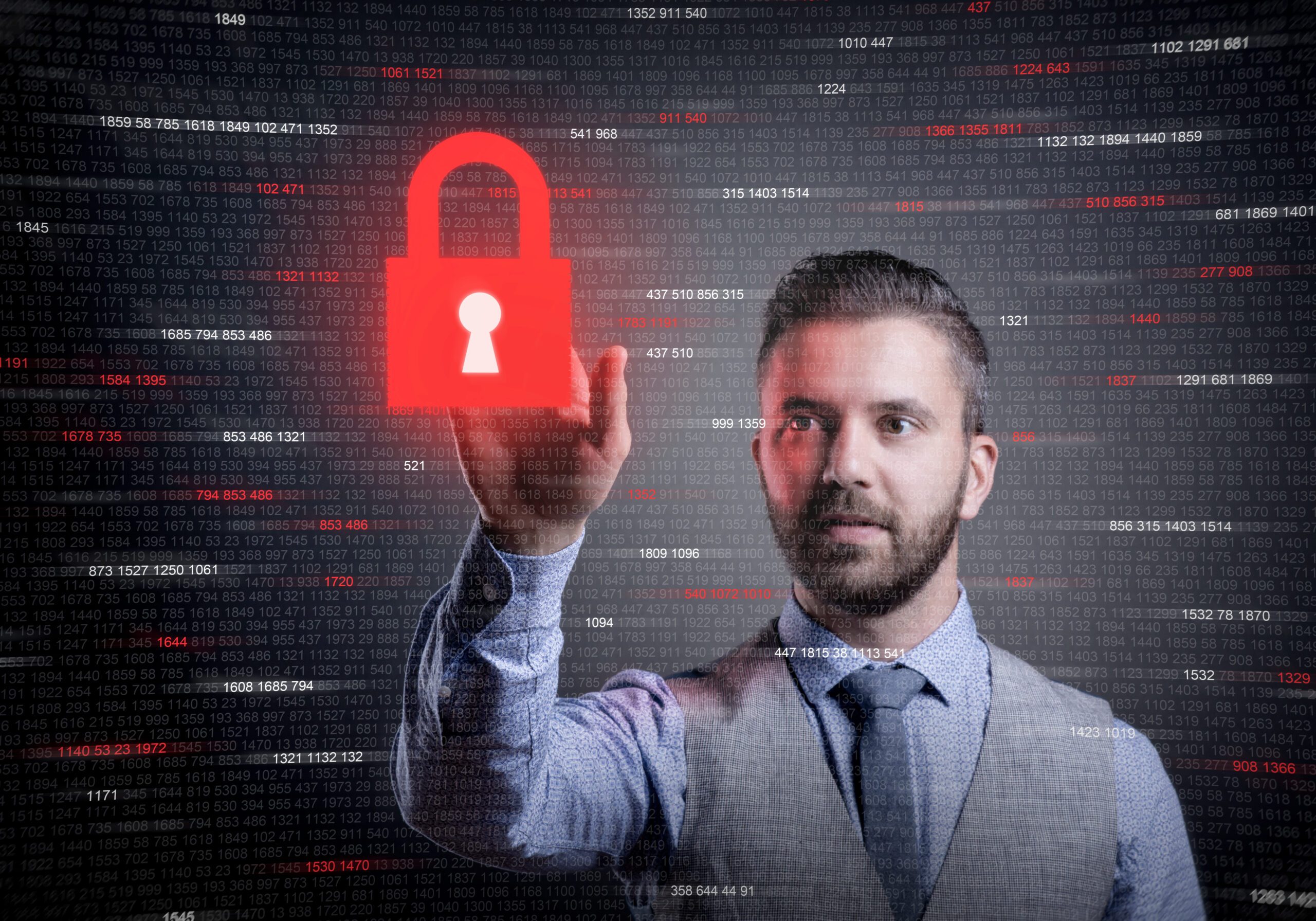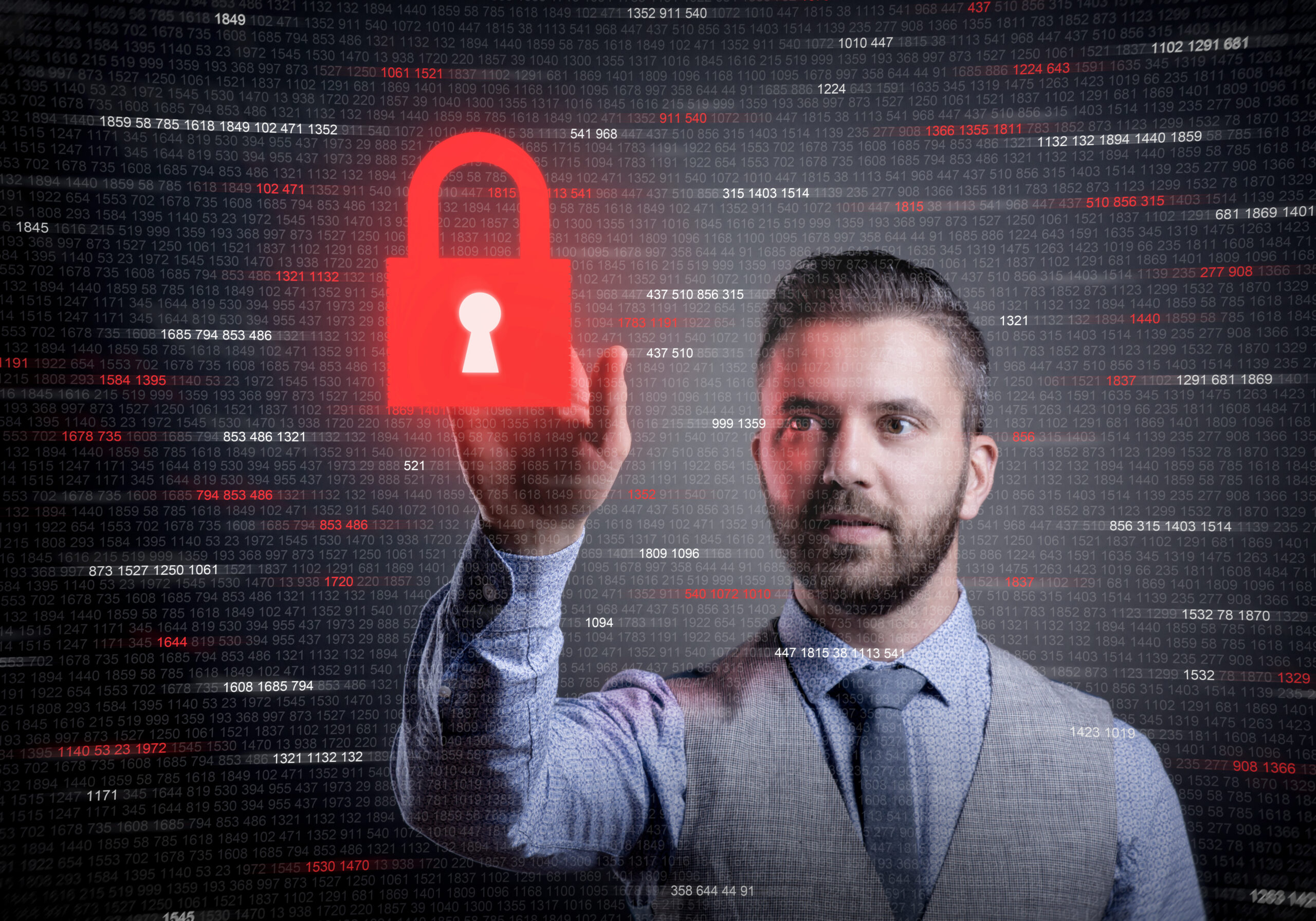Introduction to Cybersecurity Myths
In today’s digital age, cybersecurity is more important than ever. With the increasing amount of data being generated and shared online, it’s essential that we take steps to protect ourselves from potential threats. However, there are many myths surrounding cybersecurity that can lead us astray. In this post, we will debunk some common misconceptions about cybersecurity and help you better understand how to keep your data safe.
Common Misconceptions About Cybersecurity
1. “I don’t have anything worth stealing.” This is one of the most prevalent myths about cybersecurity. While you may not think that your personal information or financial details are valuable, they can be used for identity theft or other crimes. Even if you don’t have much money in your bank account, thieves can use your personal information to open new credit cards or loans in your name.
2. “Antivirus software is enough protection.” Antivirus software is an excellent first line of defense against viruses and malware, but it isn’t enough on its own. Hackers are constantly developing new ways to exploit vulnerabilities in our systems, so it’s crucial that we stay up-to-date with security patches and updates. Additionally, antivirus software doesn’t protect against phishing attacks or social engineering scams.
3. “My password is strong enough.” Passwords are a critical component of cybersecurity, but many people still use weak passwords that are easy to guess. A strong password should be at least 12 characters long, include uppercase and lowercase letters, numbers, and symbols, and avoid using easily guessable words or phrases. It’s also recommended to use different passwords for each account and enable two-factor authentication whenever possible.

The Truth Behind These Myths
1. The truth is that everyone has something worth stealing. Our personal information and financial details can be used for identity theft or other crimes, which makes it essential to protect them as best we can.
2. Antivirus software is just one piece of the puzzle when it comes to cybersecurity. We need to ensure that all of our devices are updated with the latest security patches and updates, and we must always remain vigilant against phishing attacks and social engineering scams.
3. Strong passwords are critical for keeping our accounts secure. Using weak passwords makes it easier for hackers to gain access to our sensitive information. By following best practices for creating strong passwords, we can significantly reduce the risk of falling victim to cybercrime.
Tips for Protecting Your Data
Here are some tips for protecting your data:
1. Use strong passwords and enable two-factor authentication wherever possible.
2. Keep all of your devices up-to-date with the latest security patches and updates.
3. Be cautious of suspicious emails or messages, and never click on links or download attachments from unknown sources.
4. Regularly back up your important files to prevent loss of data due to hardware failure or ransomware attacks.
5. Consider using virtual private networks (VPNs) when accessing public Wi-Fi networks to encrypt your internet traffic and protect yourself from eavesdropping.
Conclusion
Protecting your data requires constant vigilance and awareness of the risks involved. By understanding these cybersecurity myths and taking proactive measures to safeguard your information, you can minimize the chances of becoming a victim of cybercrime.
